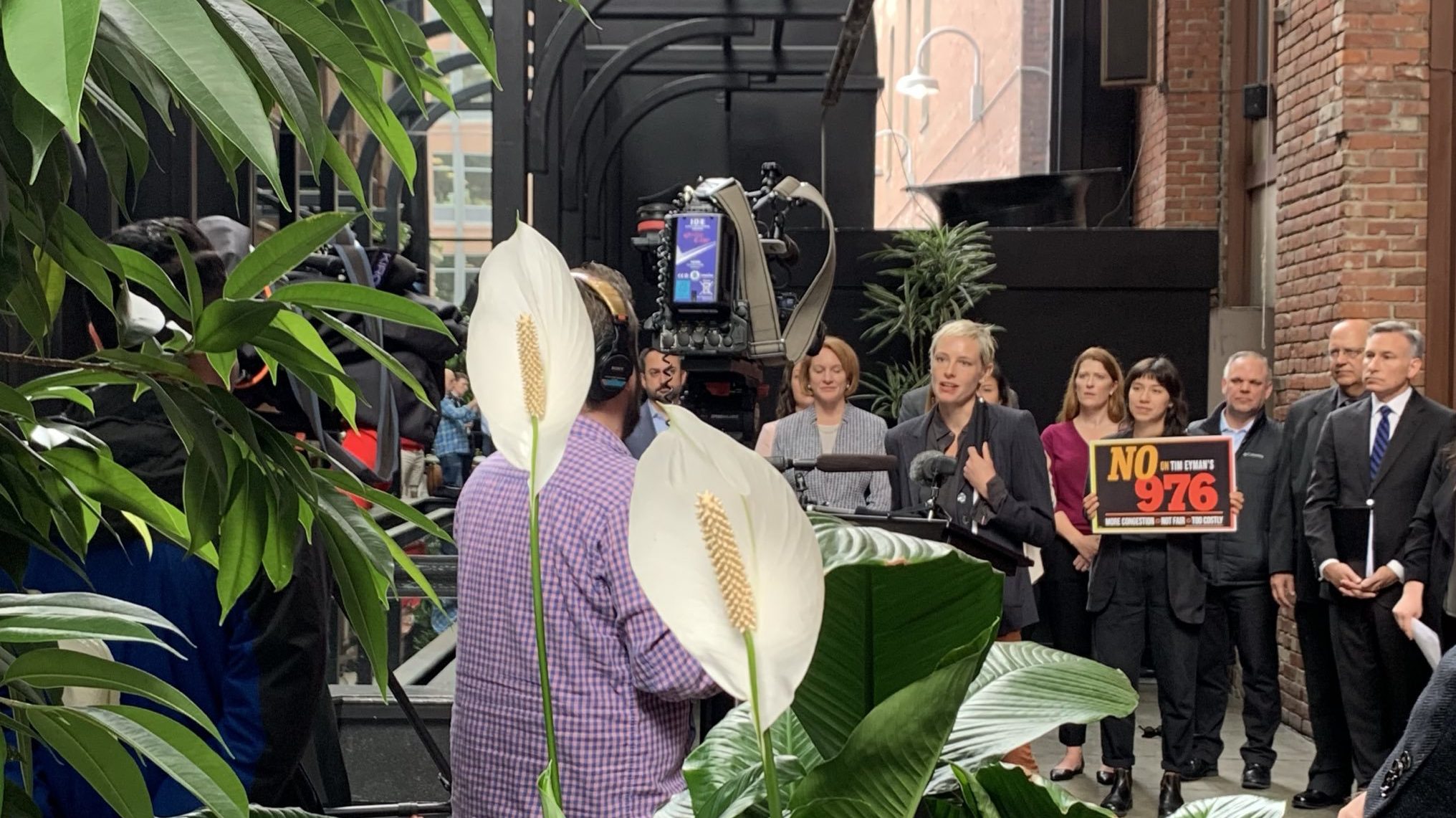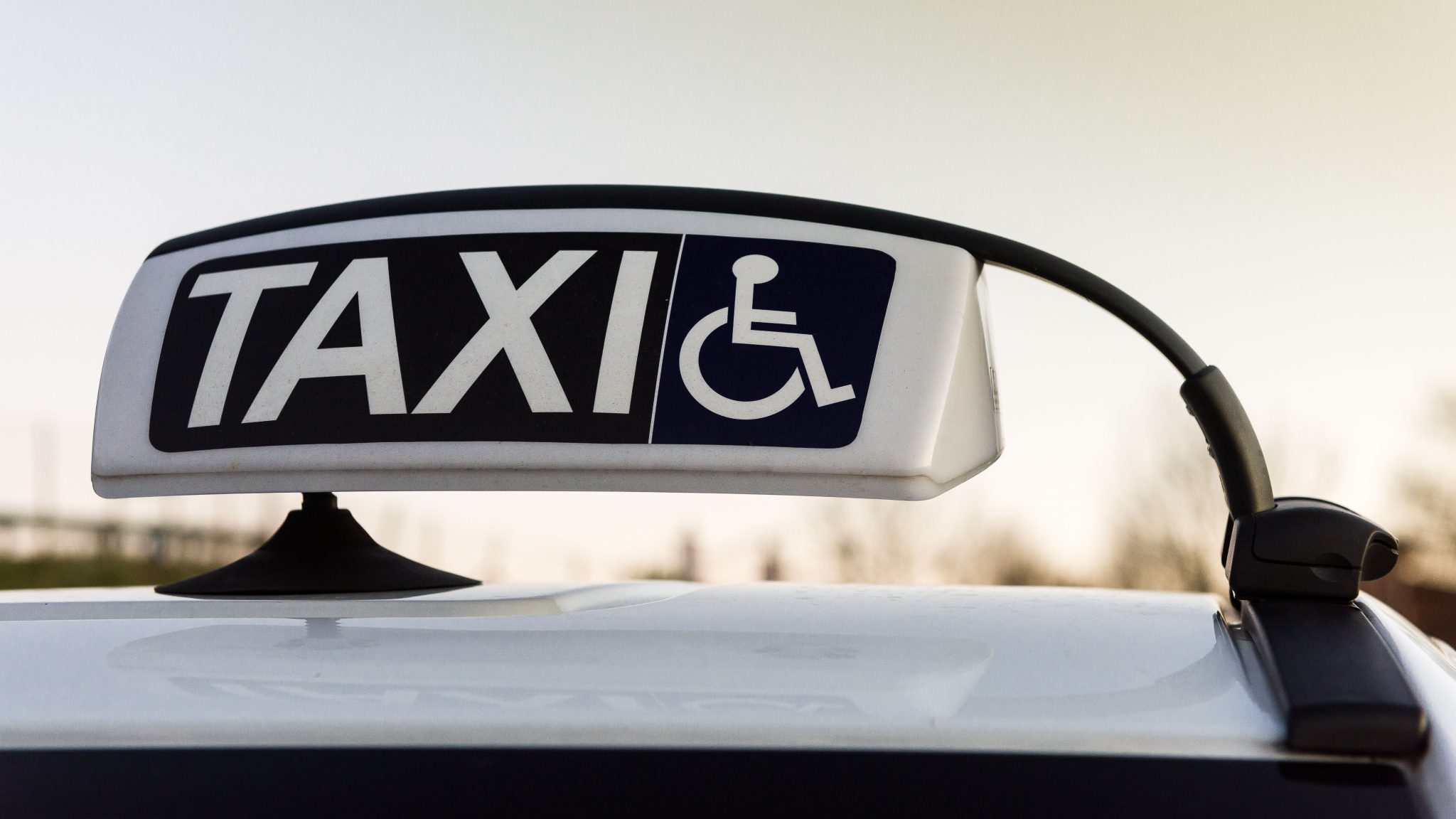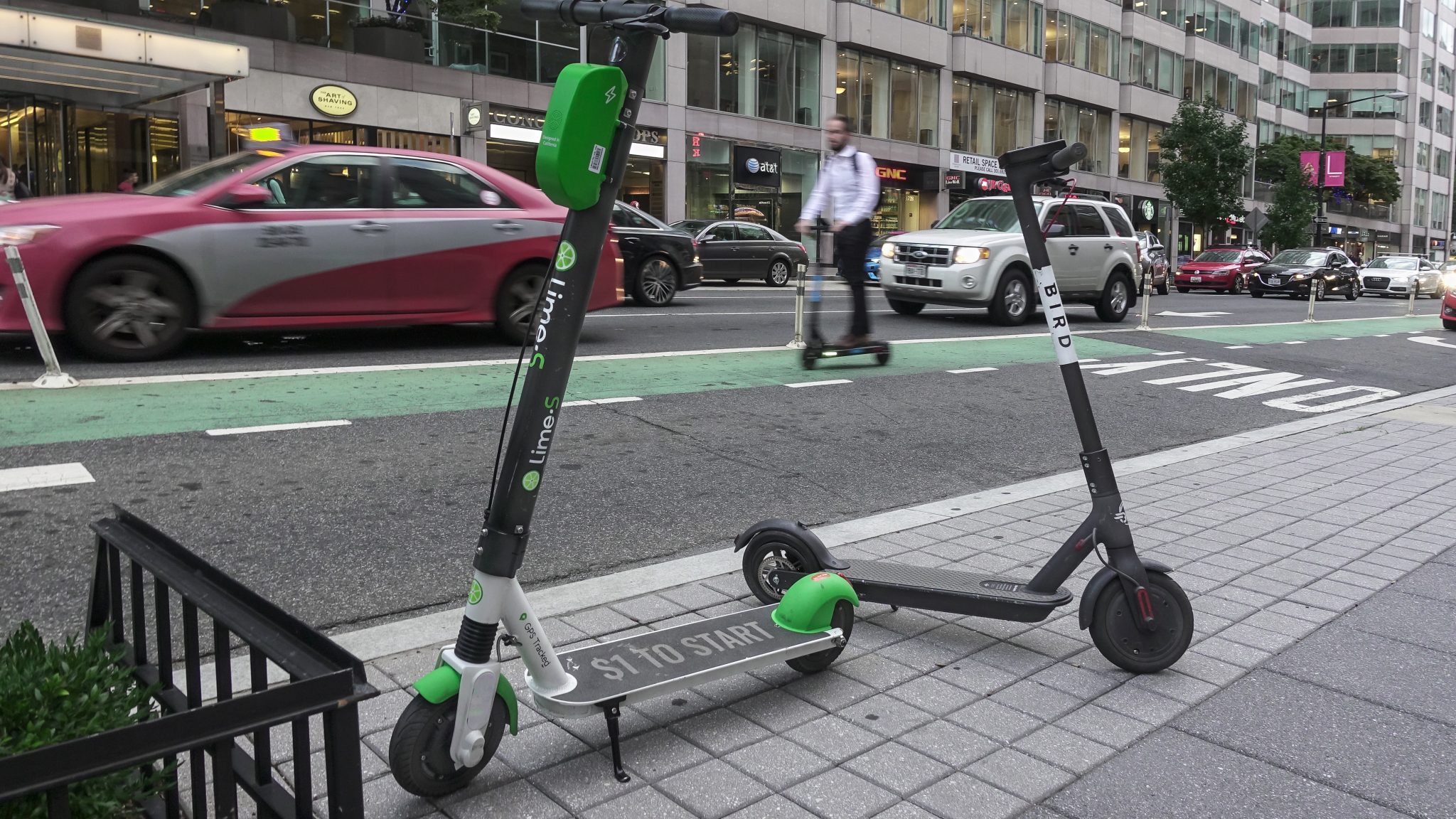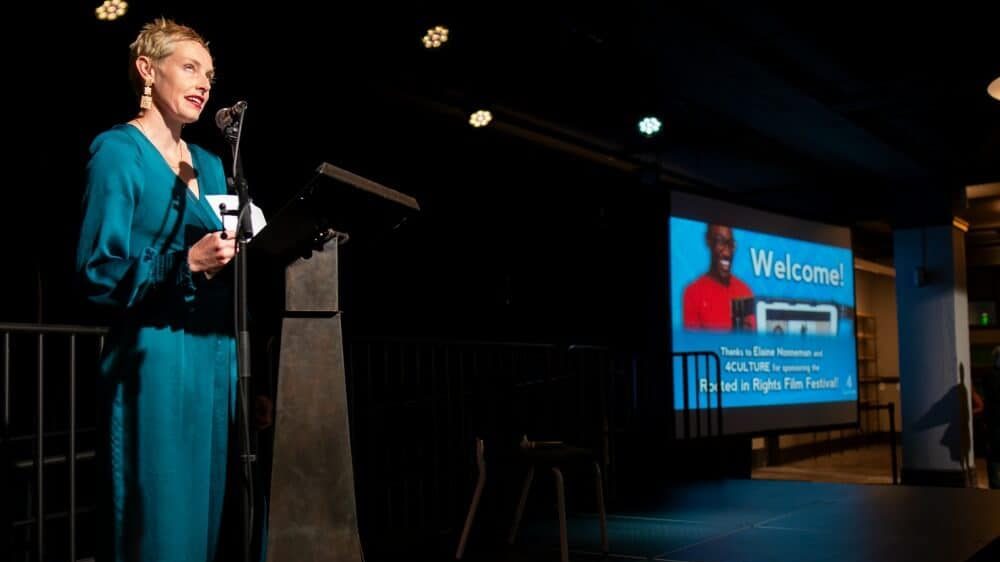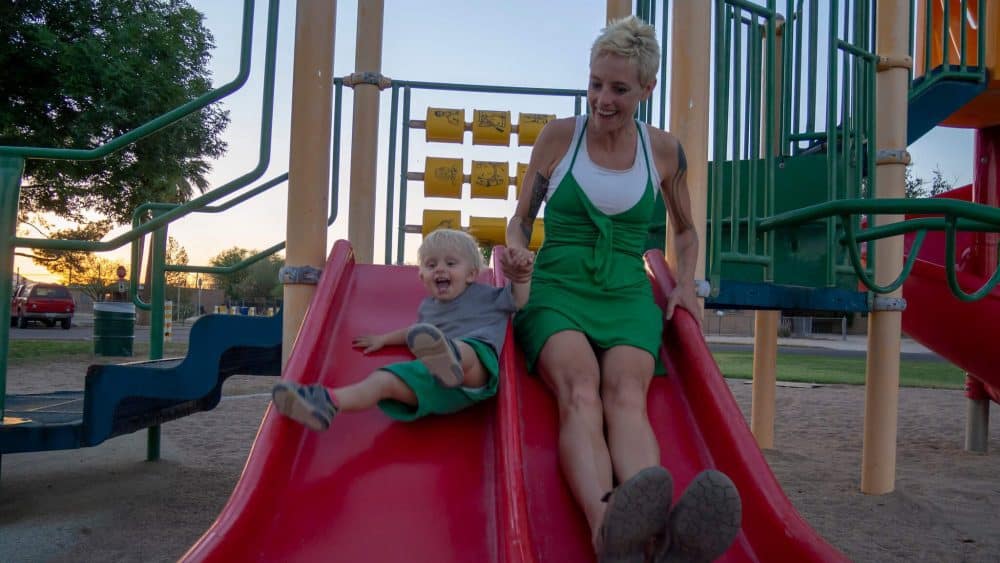This is a preview for our #ParentingWithoutPity event at Town Hall Seattle, which will take place on June 13 at 7:30pm. Tickets and directions on the Town Hall website.
I want to start by not apologizing. At a recent film festival event, I gave an intro to the program. My husband was in the audience that night, and was taking photos. He told me after that it was impossible to get a good photo of me because I was either looking at my notes, or straight up into the lights.
A younger version of myself would have been horrified at this. I spent the first 30 years of my life doing everything I could to not let people know I couldn’t see things. I ordered the same things at the fast food restaurant, I got dropped off a block away so nobody knew that my parents were driving me, I didn’t follow my dream to study medicine or be a scientist. That last one really stings, even now.
I remember the first day in my stats class at Stanford, I couldn’t see the overhead, even from the front row of the big lecture hall, and so I went up to the professor and asked for his notes. He said no, and told me I had to go to the Disability Center on campus to put in a request. I went, and they assigned me a notetaker – meaning that someone would go to a stats class (later I found out it was a class taught by an entirely different professor), take notes, and then a day or two later drop off a photocopy of them at the Disability Center office where I could pick them up and try to interpret them. Unsurprisingly, this wasn’t terribly helpful. For the first time in my life, I started failing a class. I dropped the class, and gave up my dream of being pre-med, or studying anything in a scientific field. I didn’t know I could go back and ask for more help, I was too ashamed of my lack of vision, and frankly, even though it was 2001, I didn’t even know the ADA existed.
Later in college, in an art class, I did a project about disability pride. I was so excited about the project – it felt so daring, so transgressive. But despite our campus being right across the bay from Berkeley and all the incredible disability activism that was centered there, no one in my circle helped me make that connection. And so I went back into the closet, so to speak, and spent the next 10 years trying to hide my disability.
It wasn’t until my son was born that I had a moment of reckoning. When he was diagnosed with the same eye condition, I had a breakdown. All the years of faking and concealing and trying harder to make up the difference, I just didn’t want that for him. And the only way I was going to break that cycle was to own my disability. To be public and proud and to be able to ask for the accommodations I need.
I wish my mom had known other adults with nystagmus. I wish I had known other disabled people growing up. I wish I had found the disabled activist community in college.
Parenting Without Pity came from that desire to allow disabled parents to share our knowledge – to really help inform and educate the parents of disabled children. Because we all want the best for our kids, but sometimes we just don’t know where to look, especially if our kids come into this world with a different body or mind than we’re adjusted to.
So I am not apologizing for looking at the lights tonight. It’s what my eyes do. If it makes you uncomfortable, I’m not sorry. I’d like to challenge you to re-examine this discomfort, or frankly any discomfort you get listening and watching our panel of experts tonight. Because if you’re a parent of a disabled child, you will be challenged. Of course, it’s your kid, you’re the parent. But sometimes it’s important to recognize that other people may know something about the way your kid experiences the world, and that if you listen, you can learn from us.
About Rooted In Rights
Rooted in Rights exists to amplify the perspectives of the disability community. Blog posts and storyteller videos that we publish and content we re-share on social media do not necessarily reflect the opinions or values of Rooted in Rights nor indicate an endorsement of a program or service by Rooted in Rights. We respect and aim to reflect the diversity of opinions and experiences of the disability community. Rooted in Rights seeks to highlight discussions, not direct them. Learn more about Rooted In Rights
Click here to pitch a blog post to Rooted in Rights.
